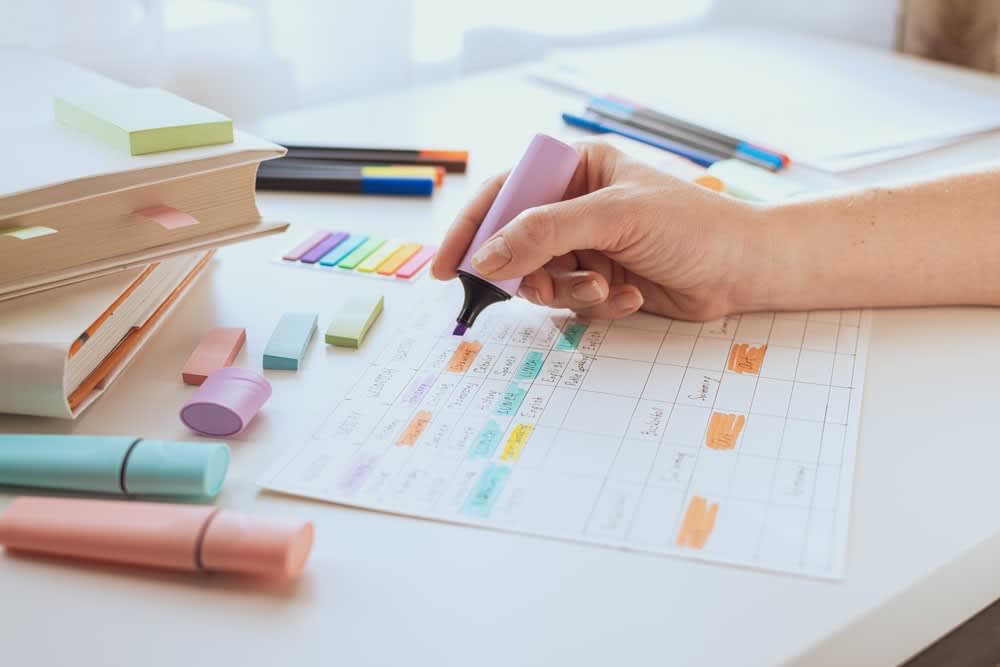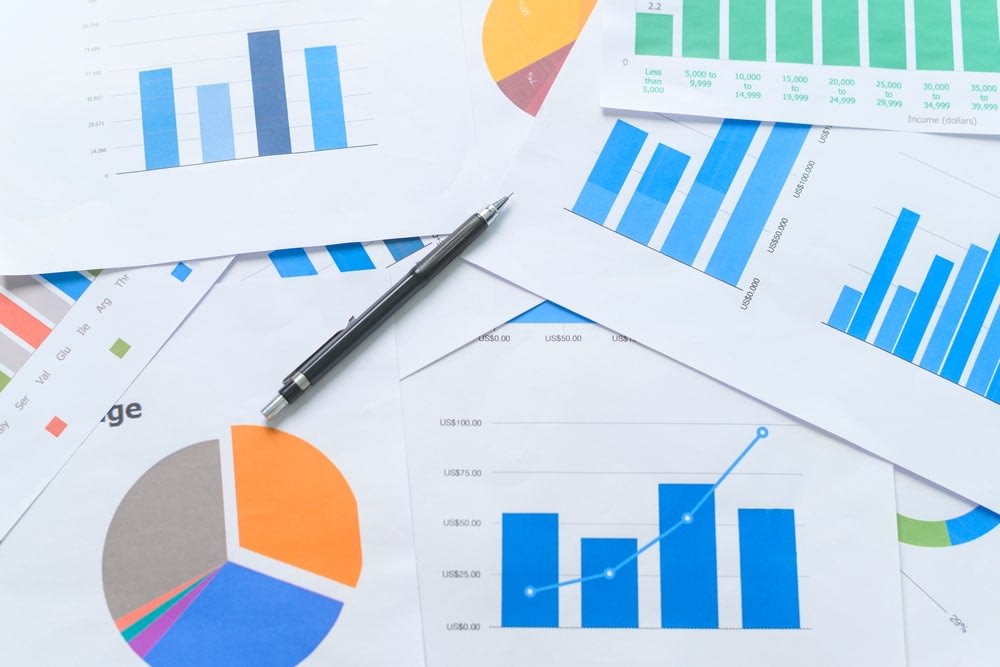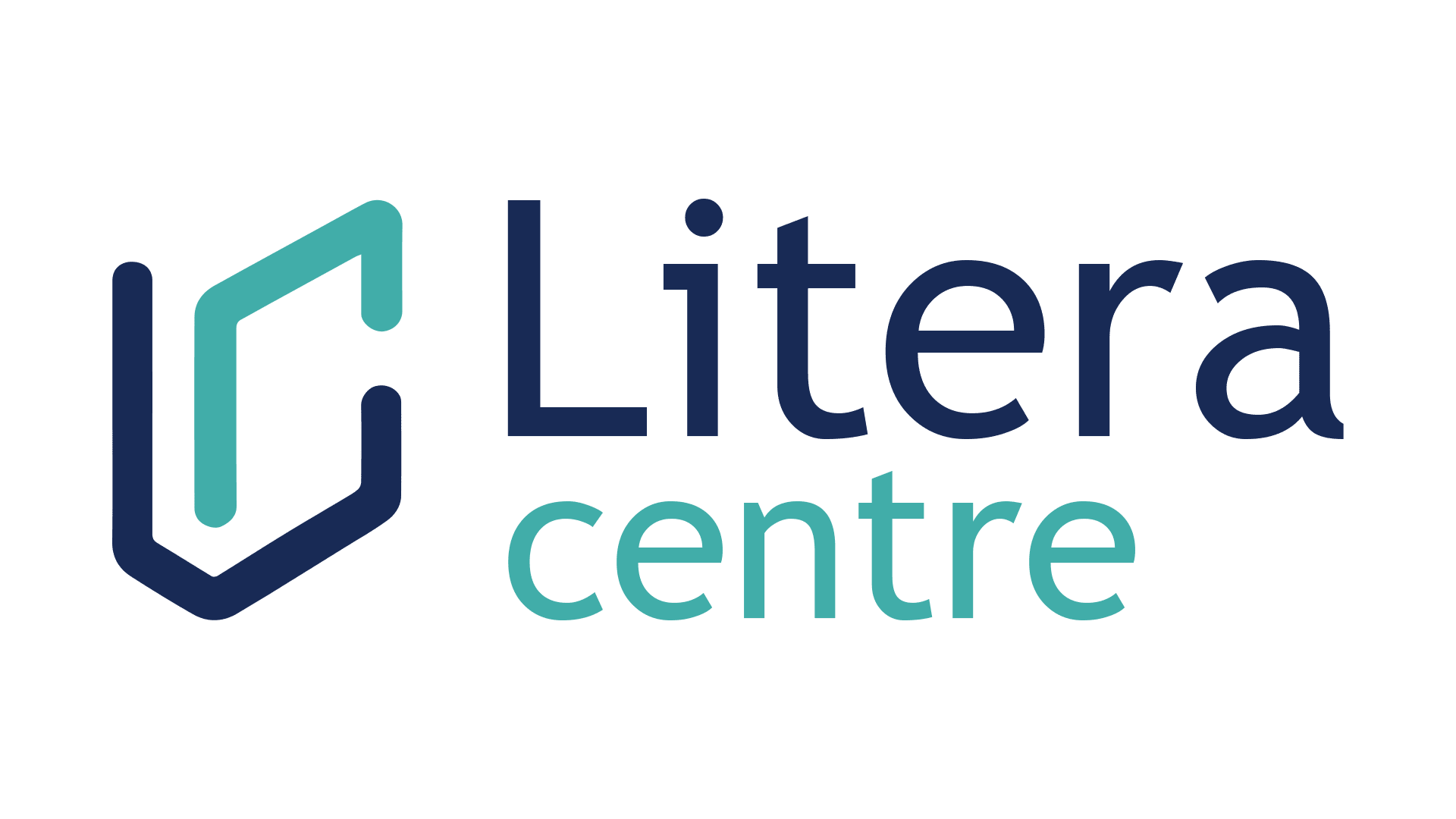Studying for the Economics IGCSE may seem daunting, but with the right approach, you can excel and even aim for that A*. This guide will provide effective strategies on How To Study for Economics IGCSE and how you can improve your chances of scoring an A for IGCSE Economics*. Whether studying online or in school, the key to success lies in mastering concepts, applying them to real-world examples, and consistent practice.
Understanding the IGCSE Economics Syllabus:
To begin your preparation, the first step is understanding the IGCSE Economics syllabus. This ensures that you know what is expected and can focus on the most important topics. Here’s a breakdown of the essential areas to focus on:
Key Topics to Master:
- Basic Economic Problem: Understand how limited resources force us to make choices.
- Microeconomics and Macroeconomics: Differentiate between small-scale market behaviors and the larger economy.
- Government’s Role in the Economy: Study taxation, government spending, and policy impacts.
How To Score A* for IGCSE Economics:

Scoring an A* for IGCSE Economics requires a strategic approach. Follow these steps to maximize your performance:
1. Create a Study Plan:

Start by making a study plan. Allocate specific time for each topic from the Economics IGCSE syllabus. Focus on harder topics first and leave time for revision later.
2. Understand and Apply Concepts:
The key to doing well in Economics IGCSE is memorizing definitions and truly understanding concepts. Practice applying these concepts to real-world scenarios. For example, when learning about supply and demand, consider how they affect local prices.
3. Practice Past Papers:

Regularly practice past papers to familiarize yourself with the questions you may encounter. By solving past papers, you’ll understand how to approach exam questions and time your responses correctly.
4. Master Data Response Questions:
How to score A for IGCSE Economics*? One way is mastering data response questions. These questions require careful analysis of data presented in graphs and charts. Practice reading and interpreting data before answering, as it’s crucial for securing high marks.
5. Revise Definitions and Diagrams :

In Economics, diagrams play a vital role in explaining concepts. Ensure you are comfortable drawing and labeling key diagrams, such as supply and demand curves. These are often tested in exams, and correctly labeled diagrams can earn you valuable marks.
How to Study for Economics IGCSE Effectively :
Everyone learns differently, but here are general tips to help you study effectively for your IGCSE Economics exam.
1. Organize Your Notes :
Keep your notes neat and well-organized. Using bullet points, charts, and summaries can help you quickly review concepts when revising. Properly organizing your notes will make it easier to review key concepts, such as microeconomics and macroeconomics, before your exams.
2. Utilize Online Resources :
Studying for Economics IGCSE online has become increasingly popular. Use educational platforms, such as Pasxcel, which offer detailed courses and tips on How To Study for Economics IGCSE. These resources provide additional explanations and exercises tailored to help you excel.
3. Take Regular Breaks :
Don’t cram! It’s better to study in intervals and take breaks to stay sharp. Study sessions that last for about 25–30 minutes, followed by short breaks, allow your brain to process information more effectively.
4. Teach Someone Else :
One of the best ways to solidify what you have learned is to teach it to someone else. Explaining concepts out loud to a peer or even yourself helps you identify gaps in your understanding and reinforce your knowledge.
5. Review Regularly :
Reviewing regularly helps you retain information better. Set aside time each week to review topics you’ve already studied to keep them fresh in your memory. This will reduce the pressure when exam time approaches.
Conclusion:
By following these steps on How To Study for Economics IGCSE, you’ll be able to prepare efficiently and improve your chances of scoring an A for IGCSE Economics*. Remember, consistent practice and understanding are the keys to mastering the subject.If you’re looking for additional support to ace your exams, consider Litera Centre, a trusted platform for personalized tutoring. Litera Centre offers expert guidance and resources tailored to IGCSE students, helping you build a strong foundation in economics and achieve your academic goals.
Frequently Asked Questions ( FAQs )
How to Study for Economics IGCSE Online?
Studying for Economics IGCSE online is convenient because it offers flexibility. Websites like Spires and Pasxcel provide tutorials and one-on-one tutoring sessions that cover key areas of the syllabus. Using these platforms can provide additional help and clarify any difficult topics.
How to Do Well in Economics IGCSE?
To do well in Economics IGCSE, focus on understanding core concepts and practicing past exam papers. Consistent practice is key, especially with data response questions and diagram-based answers.
How to Get an A in IGCSE Economics?
If you want to know how to get an A in IGCSE Economics, it’s essential to focus on mastering theoretical knowledge and practical application. Understanding the syllabus inside out and practicing past papers will help you gain confidence in answering exam questions effectively.
Is Economics in IGCSE Hard?
Many students wonder if Economics IGCSE is hard. The answer depends on your preparation. The subject involves theory and application, so it may seem difficult if you struggle with analysis or linking theory to real-world examples. However, with regular study and understanding, it becomes easier to manage.





